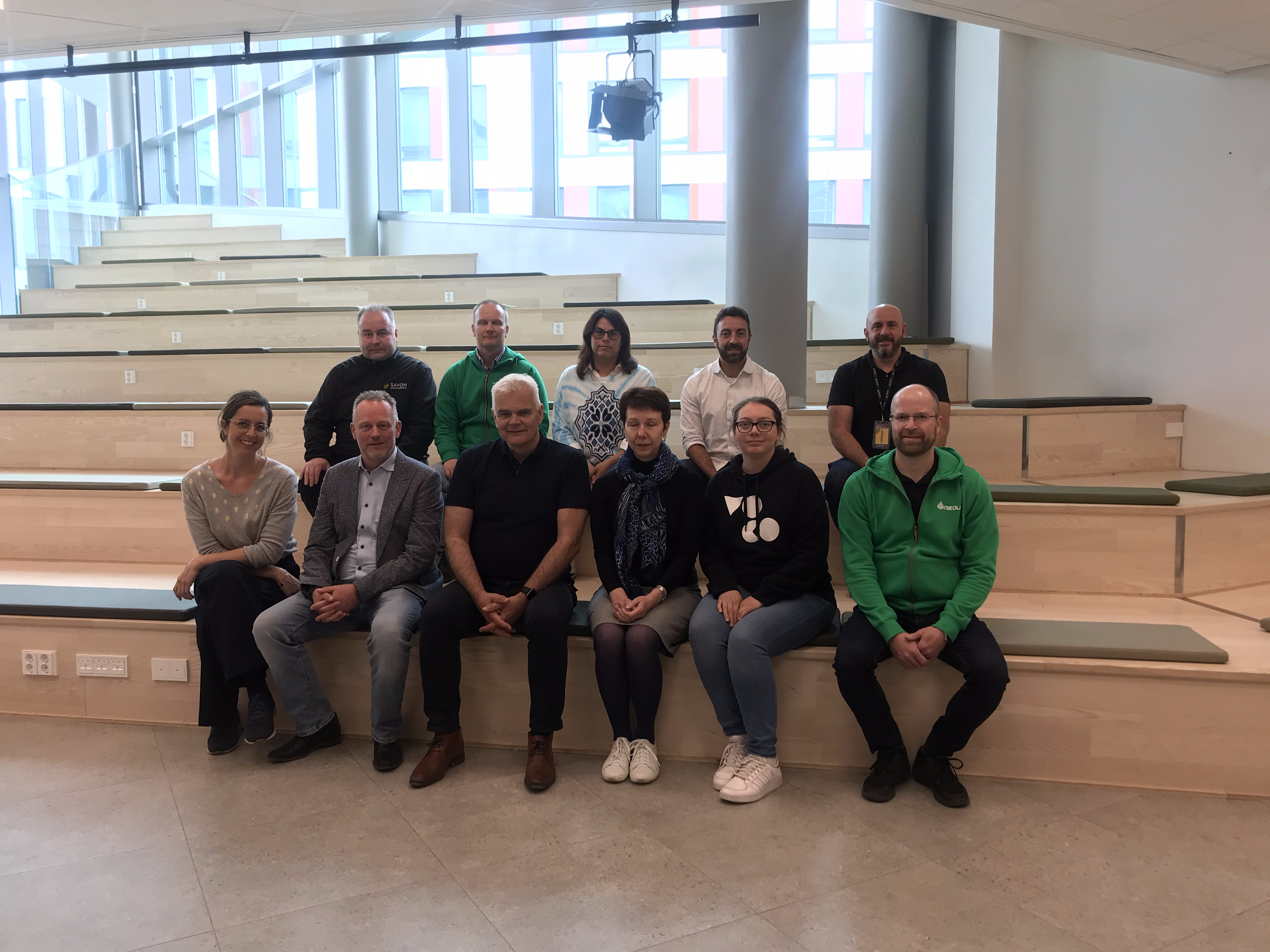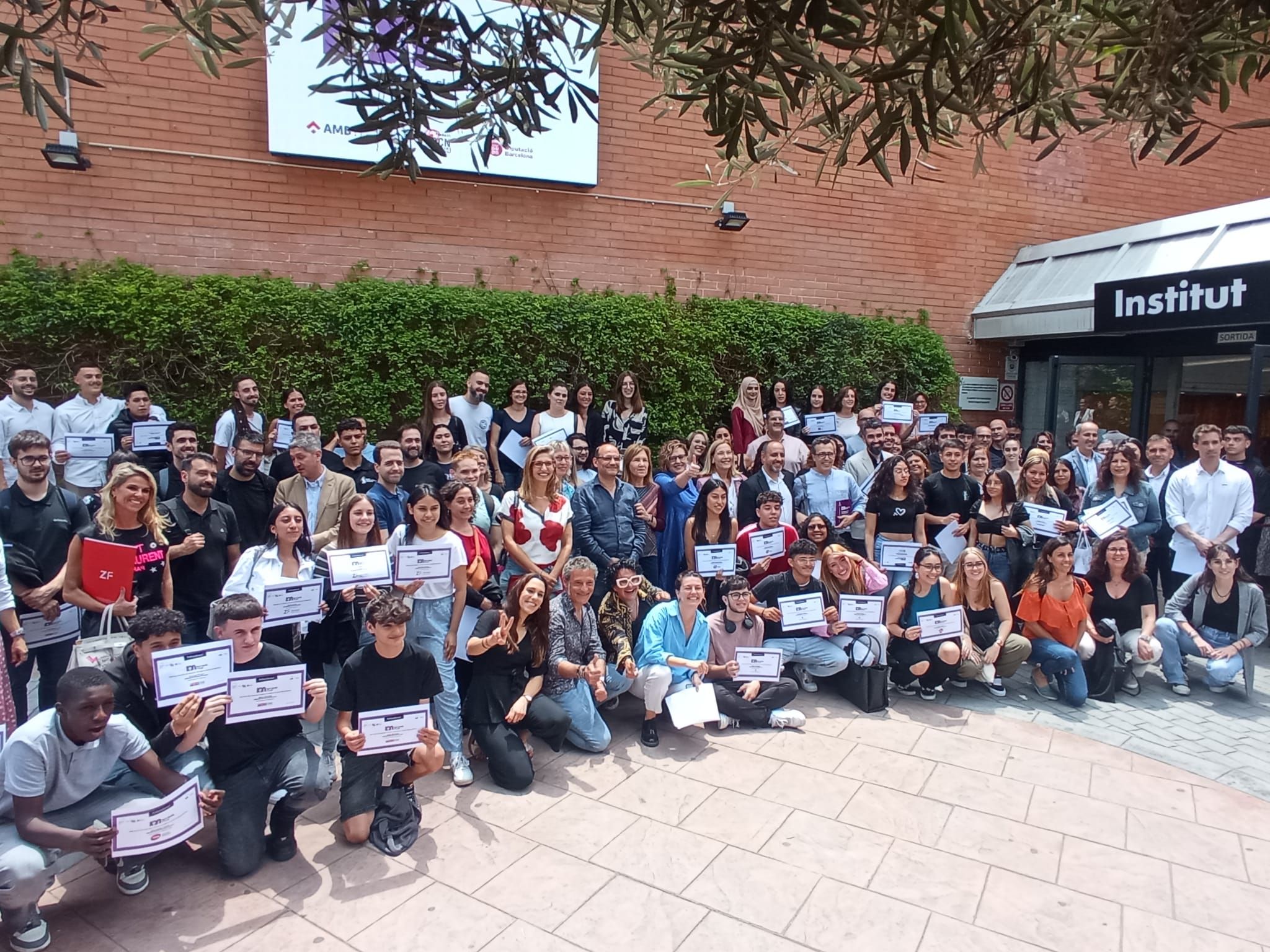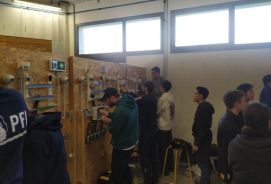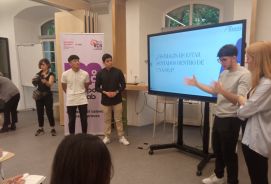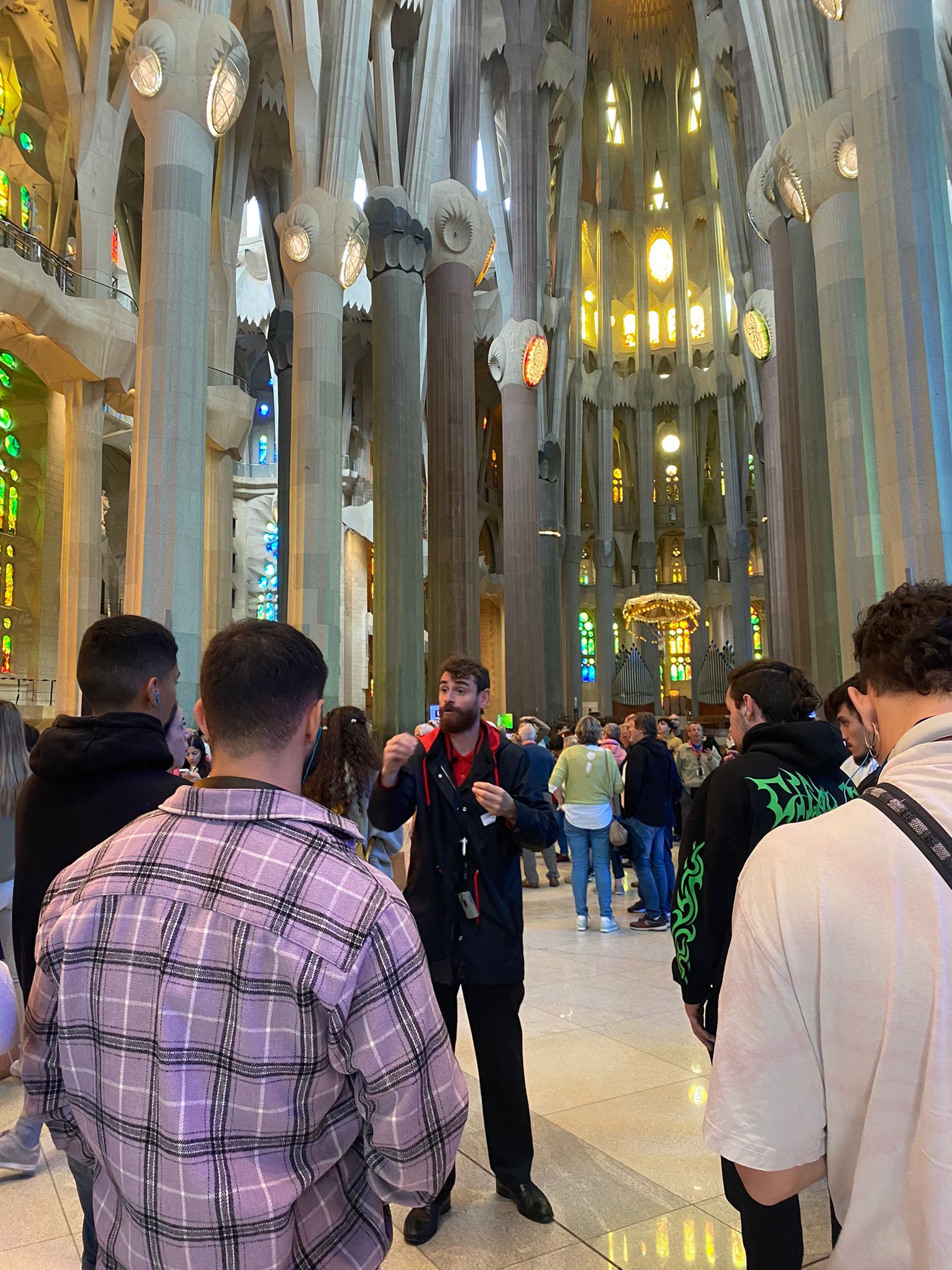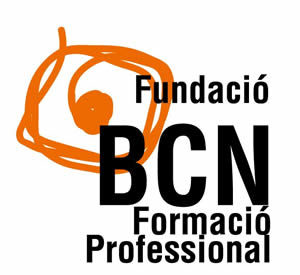On the 8th and 9th of June, the European partners of the Logistic VET Hub project met in Kuopio for the 4th follow-up meeting of the project, organised by Savon ammattiopisto Sakky.
We had the opportunity to meet and discuss the main good practices identified so far and to launch the latest work package of the project, in which strategic recommendations will be developed to encourage vocational training in the logistics sector throughout Europe.
In addition, we have continued to organise the next international training period aimed at 21 VET logistics students from various centers of Barcelona and the Barcelona Metropolitan Area, Tartu (Estonia), Lisbon (Portugal), Groningen (the Netherlands), Kuopio and Rovaniemi (Finland) and Skelleftea (Sweden), which will take place in Tartu from the 10th to the 15th of September in order to learn about Estonia’s global logistics sector.
You can find the resolution of the participant selection process here.
Next October we will be holding the final act of the project, which will announce the main results and the most significant international good practices.
